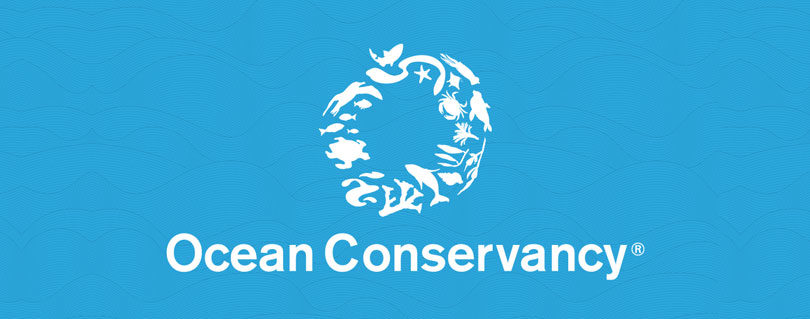Urban Ocean Welcomes First Cohort of Cities to the Ocean Plastics Fight
Published by Ocean Conservancy
Ocean Conservancy, The Circulate Initiative and Global Resilient Cities Network with the support of NOAA’s Marine Debris Program, will work with five cities in Asia and Latin America to strengthen waste management, build circular economies, and support inclusive, equitable economic development.
With nearly 70% of the world’s population projected to live in urban areas by 2050, cities are critical in the fight to keep plastics out of our ocean. Forward-thinking city leaders are already tackling issues that impact our ocean, from water quality to waste management and beyond. Many are looking for ways to build stronger, more resilient and more sustainable communities in the face of climate change and other imminent threats. Why not help cities achieve these goals and address ocean plastics at the same time?
That’s exactly why Ocean Conservancy and its partners launched the Urban Ocean initiative more than a year ago with funding from the NOAA Marine Debris Program (MDP). Urban Ocean was designed to provide a platform for city governments to connect with one another as well as with community leaders, academia, and the private sector to develop, share, and scale solutions to the ocean plastics crisis while progressing their broader urban development priorities.
Today, the program has reached an important new milestone. During a panel discussion at the World Economic Forum’s Virtual Ocean Dialogues, Ocean Conservancy, The Circulate Initiative, and the Global Resilient Cities Network welcomed the first cohort of “learning cities:” Can Tho, Vietnam; Melaka, Malaysia; Semarang, Indonesia; Pune, India; and Panama City, Panama.
Sign up for our emails!
The cities were selected because of their commitment to improving waste management as part of broader resilience efforts and their desire to provide solutions in geographies most susceptible to ocean plastic pollution. “Mentor cities” from the Global Resilient Cities Network will join the program to share opportunities that meet the program’s objectives. Notably, Pune, India was selected as both a learning and mentor city because of its significant work to date with the informal waste sector, the front line in collecting trash in many parts of the world. There has been such strong interest in the Urban Ocean initiative from city leaders that several other metropolises, including Jakarta, Indonesia; Surat, India; and Da Nang, Vietnam; will be included in the program as “observer cities.”
Through Urban Ocean, we will use scientifically engineered assessment tools to better understand the learning cities’ individual and collective challenges, and provide technical assistance, create solutions and develop fundable proposals. Lessons learned will be shared with the entire cohort. The MDP works at the global, regional and binational level to better understand and address marine debris internationally.
The MDP engages internationally to help build the capacity of foreign governments and international organizations to take action. Marine debris is a global issue, but many solutions need to begin on a local level. Efforts that work in communities, such as Urban Ocean, are key to solving the severe and growing problem of marine debris.
We can’t wait to get started, and Ocean Conservancy is incredibly grateful for the NOAA Marine Debris Program’s support.
The post Urban Ocean Welcomes First Cohort of Cities to the Ocean Plastics Fight appeared first on Ocean Conservancy.
Read the full article at: https://blog.oceanconservancy.org/blog/2020/06/02/urban-ocean-welcomes-first-cohort-cities-ocean-plastics-fight/


